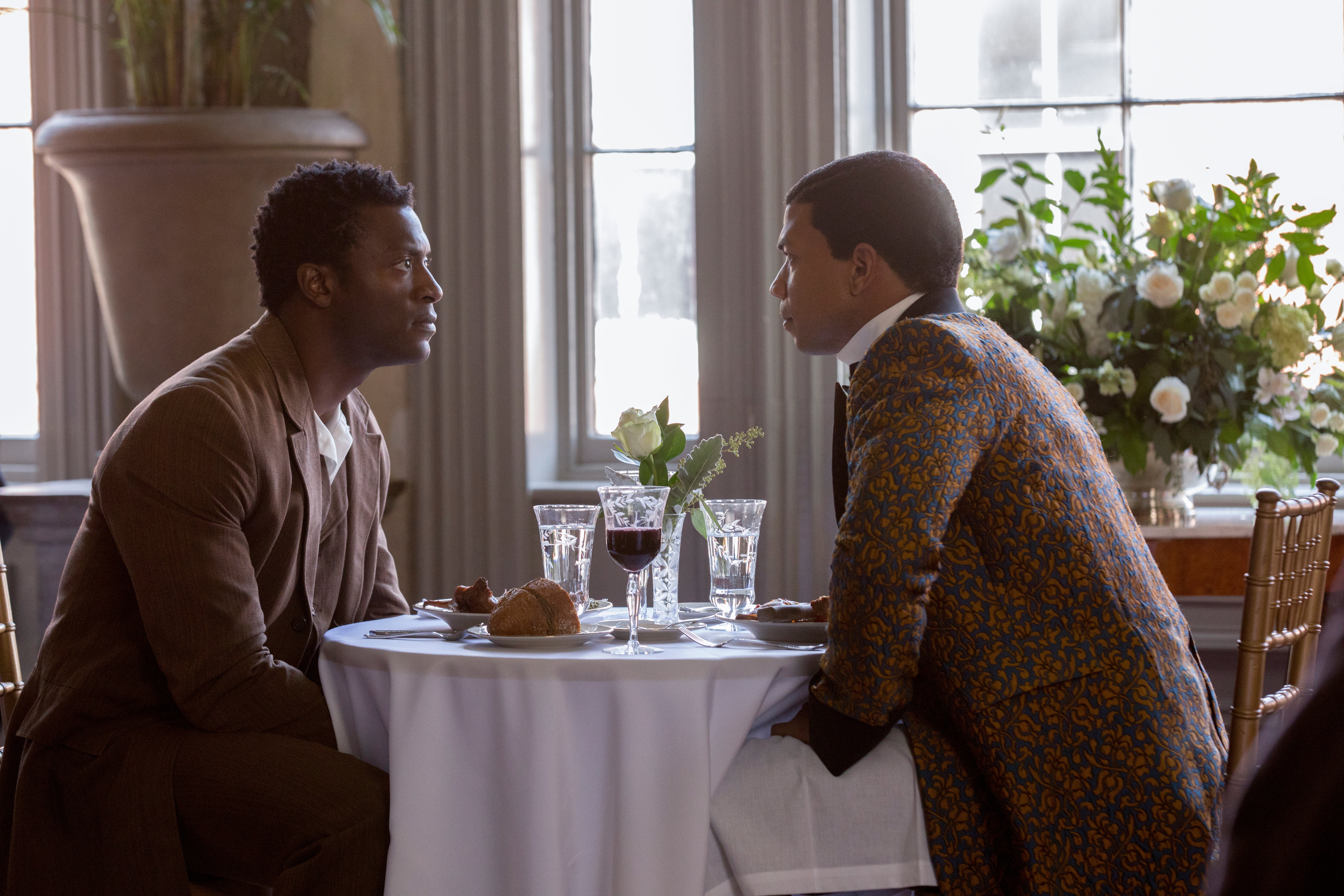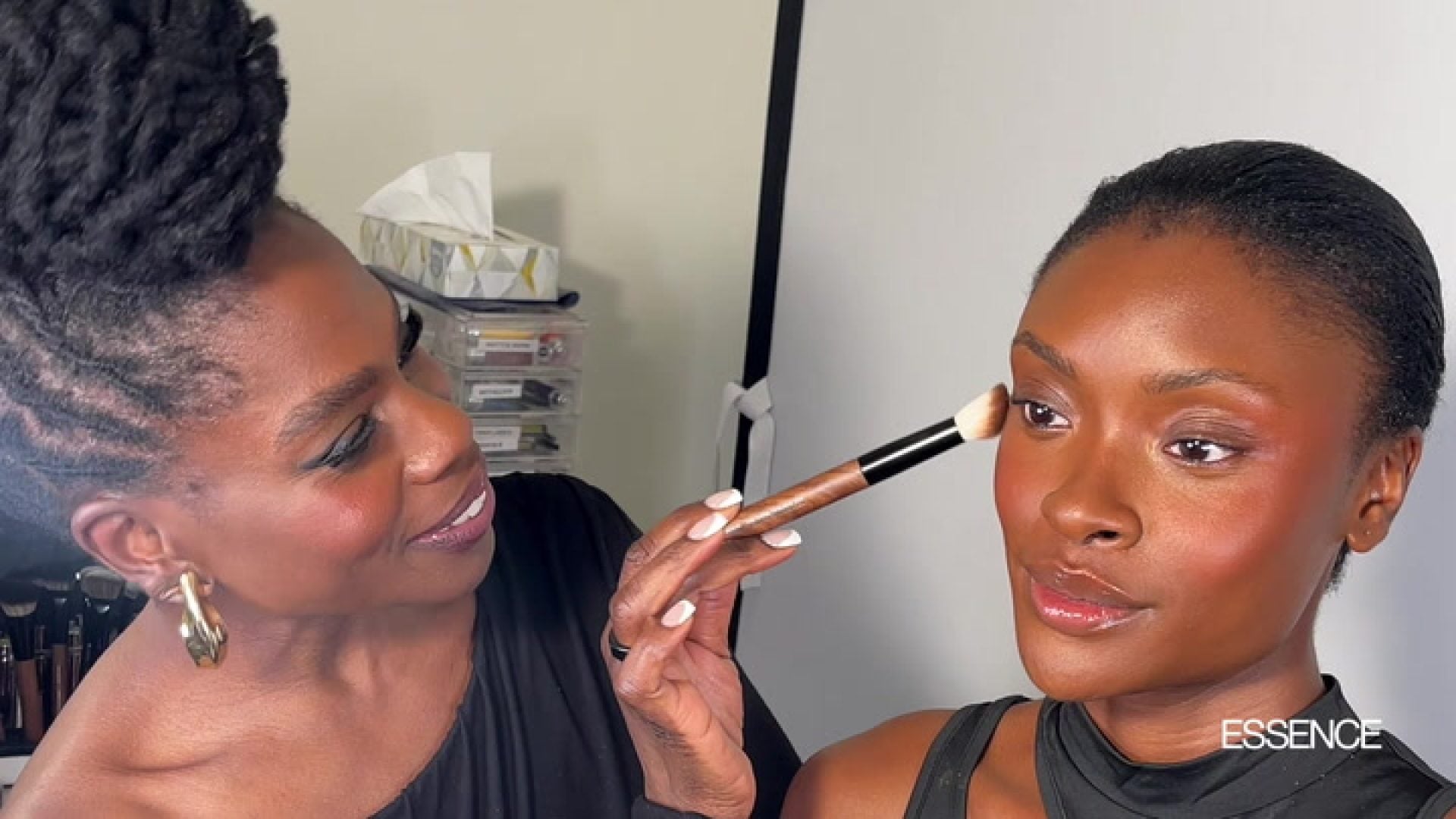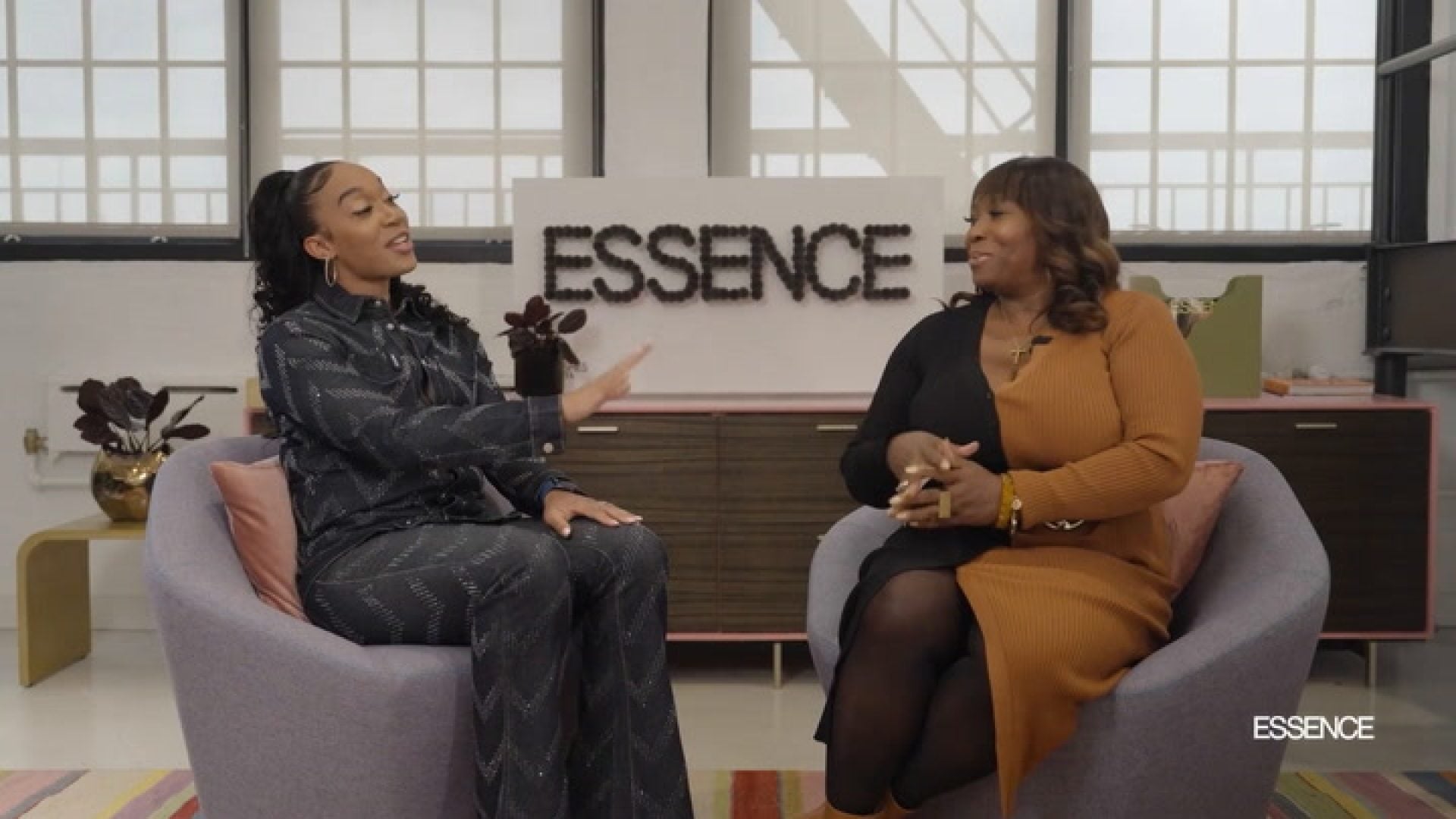
The fourth episode of the second season of Underground, “Nok Aaut,” directed by Salli Richardson-Whitfield occurs at a crucial moment in history. Already embedded in the violate institution of slavery, 1858 sits two years before the South secedes from the Union, and one year prior to abolitionist John Brown’s infamous raid on Harper’s Ferry.
Tensions among abolitionists and slaveholders are on the verge of bubbling over, and the characters of Underground are trying to determine where they fit in. We learn that Cato has returned to the States from Europe, where money afforded him the opportunity to live life as an aristocrat. However, we all know that money is no real balm for racism. It might soothe wounds, but it certainly does not heal. As Cato attempts to pull Noah into his twisted circus, we discover just how much or how little, Noah is willing to give up for his freedom and a life with Rosalee.
“Nok Aaut” also focuses on Elizabeth who, while still grieving the loss of her husband John, is trying to determine where she now fits in the movement for abolition. An encounter with some of John Brown’s men leads her to begin reassessing what tactics she is willing to take up for the cause. Ahead of the episode’s premiere, ESSENCE sat down with director Salli Richardson-Whitfield to chat about these characters, the powerful performances that drive Underground, and the current climate for Black female directors.
ESSENCE: Were you a fan of Underground prior stepping into the role of director? It’s such an incredible historical drama.
Salli Richardson-Whitfield: Oh yes. I had gone to the premiere of the pilot, and when I was going, it was funny because originally I was like, “I don’t wanna go see no slave movie.” (Laughing) I had that attitude. But, by the end of the pilot, I was like “Uh oh! This is about to be good.” We’re not victims in this series, and that’s what you think of when you consider what a series like this might be. It’s such a different way of telling this story. So, with that being said, yes, I had already seen all of the episodes. I just love everything about the show. I love the way they have the contemporary music mixed in because somehow it works. When you first hear about it you think, “How is this going to work? All of a sudden you have some hard hitting Kanye [West] and it works, and it rises, and it’s what makes it relevant for today and I think it’s what has pulled younger viewers in who maybe Underground would have been too period or dated for. It brings in a different audience. I just think everything about it works.
ESSENCE: Your most recent directorial credits have been on contemporary set shows like John Singleton’s BET series Rebel and Queen Sugar. Underground is really stepping back in time for you, so how did you prepare yourself to shed your twenty-first-century views and hone in on this nineteenth-century set project?
SRW: Well, I look at it as, the story is the story, and I just go with what that feeling is. I also do my research. It is important, especially on a show like this to have watched all the episodes. You really want to bathe yourself in that period, and what’s going on in that show, so you know the characters. So honestly, it’s more about knowing the characters, that’s really what it comes down to, that’s what people are watching. These actors are so good; it’s not like I need to come in there and tell them anything. They just need that third eye, someone to push them a little bit further and to know that they can. It was really wonderful working with Alano [Miller] who plays Cato. I know how good he is, but I was still able to sit there are go, “That’s not it yet, that’s not enough. Push it.” I know how far he can go because I watch the show. Sometimes you work with people, and they do a performance, and you go, “Well, we might as well go on, cuz it ain’t gonna get no better.” (Laughing) But, then you have these kind of actors where you go, “Oh that’s good, that would be good for somebody else, but we’re going to go further. You’re about to give me everything you’ve got in you, cuz I know it’s there.”
Subscribe to our daily newsletter for the latest in hair, beauty, style and celebrity news.
ESSENCE: This episode, in particular, is extremely historical. We’re sitting two years prior to the South seceding from the nation and in between John Brown’s infamous raids. I know you talked about really analyzing the series as a whole, but did you go back and research John Brown and his men? How did you ground yourself into this specific year that is 1858?
SRW: I would love to be that deep. (Laughing) I did absolutely no historical research. If I was doing a feature film and this was a world I was coming into, and I had to go from the ground up, maybe that would be necessary for something like that. I really based my work on who these characters are and these relationships. That is my research and picking that script apart. For me as a director, my research is just watching the show, so I know exactly where Cato has been. That way when I’m directing him, I can watch him and go, “No. Don’t you remember in this episode when this happened? I think you would do this because of that.” That’s how I am able to piece those performances together because I know these people. Really when it comes down to it, these are people. We’re in different times, but these are people, so it’s, “What would these particular people do?
ESSENCE: It is so amazing is that you got the opportunity to reintroduce the audience to Cato in season two. We haven’t really seen him this season up until this point. You follow him as he travels through these aristocratic settings in Europe. He’s Cato, but he’s not the Cato that we met last season. How did you and Alano approach that?
SRW: That’s what I was so excited about! First of all, Cato is my favorite character. So, when I heard that I got the “Cato Is Back” episode, I was like “YES!” But it definitely was figuring out where was the spot where you start to see the old Cato coming back in. So, we would talk about that. What is this particular moment about when we see all of that rage and anger and hate that Cato has boiling inside of him? How does that come out? You see in the boxing sequence that he’s drawn back into who he’s going to be in the future now. So we just sat down, and we really talked about those plot points and how he’s completely different. He’s got a new way of speaking, and he’s so proper in everything that he’s trying to do. So it’s just something that Alano and I really sat down and talked about. We determined where we were going to play those certain parts.
ESSENCE: Slavery in itself was an extremely violent institution, and Underground obviously goes there as well. Still, “Nok Aaut” is a particularly violent episode not just with Cato’s boxing sequence, but also with Elizabeth. She’s confronted with this new way of resistance particularly that moment when she is struck with a glass bottle. Did you and Jessica [De Gouw] have a conversation about this shift for Elizabeth?
SRW: I remember Jessica and I really spending our time on that speech. It was more about finding that way of her starting a little unsteady and finding her voice within in the speech. It was making sure that the speech grew and had somewhere to go. You can’t start at one hundred because then it’s just boring. So, it was more about being that third eye for her and saying, “Ok, now we’re here, now we need to grow here, and then you need to do this here so that by the end of it, we can just see all of that sadness and anger from your husband dying and the decision that you made, just boil up at the end.” So, it was more about that particular speech and just finding those beats.
ESSENCE: In your career, you have had the fortune of being both behind and in front of the camera, which is amazing. I think we’ve really come to a crossroads for Black women in particular in film. So what do you think about Black women behind the camera? Ava DuVernay is the first Black woman to direct a film with a $100 million dollar budget with A Wrinkle In Time, and Queen Sugar is using all female directors for its second season.
SRW: Well I think it’s a good time to be a Black woman. (Laughing). It’s always a good time, but it’s a particularly good time in film. I think that now is the time to seize the opportunity. But, you’re not going to just work because you’re a Black woman. I think people will see it that way, but when you get there, you still have to be better than everyone else. I work harder than anyone I know because I know that people think that you’re just there because somebody is filling their quota. I will never have anyone look at me that way. So, I go above and beyond. Before I went to film my episode of Underground, I flew myself there a month before and put myself up in a hotel for a few days so that I had the time to sit on that set when it wasn’t work time. I just was able to sit there and be a part of the crew and a part of the show to observe Anthony [Hemingway] and how he directs the show and how the actors respond to him. I got to know the crew ahead of time because I was setting myself up to win. We still have to be better, we just do. I can’t be lazy one day because right now I know that any woman who comes behind me is going to be judged by me as they walk into the door. So, if people have a bad experience with me as a director, they are going to judge all Black women based on me. It just is what it is. When women directors come on to shows that I’m acting on, in the back of my mind I’m just like, “Oh, for the love of God, please be good, because, if you’re not good it’s a mess for all of us.” Now, men come in all the time unprepared, but there are so many of them that if you get one that is not prepared, it doesn’t speak for all of them. It’s just like, “That particular guy is an idiot.” But, if a woman does that it’s just not enough of us.“ So it goes, “See, they don’t know what they want.”
ESSENCE: I understand, that’s why I’m so nervous about Wonder Woman. Patty Jenkins is the first woman to direct a big budget superhero feature film, and if it’s not good, I don’t even know…
SRW: But you know what? We know how to do action, which is actually the genre that I love. I love sci-fi, I love action films, that’s what true dramatic features are. That’s also what was so awesome about getting this opportunity to do Underground. It was like, “Oh my God, I get all of these great fight scenes in it!” It’s what I want to do more of, and it’s like, “I know how to do it!” Just because I’m a woman doesn’t mean I don’t enjoy a good fight scene!
ESSENCE: Thank you so much, Sally! I really enjoyed our conversation. Congratulations on your amazing episode.
SRW: Thank you hunny, I appreciate it.





